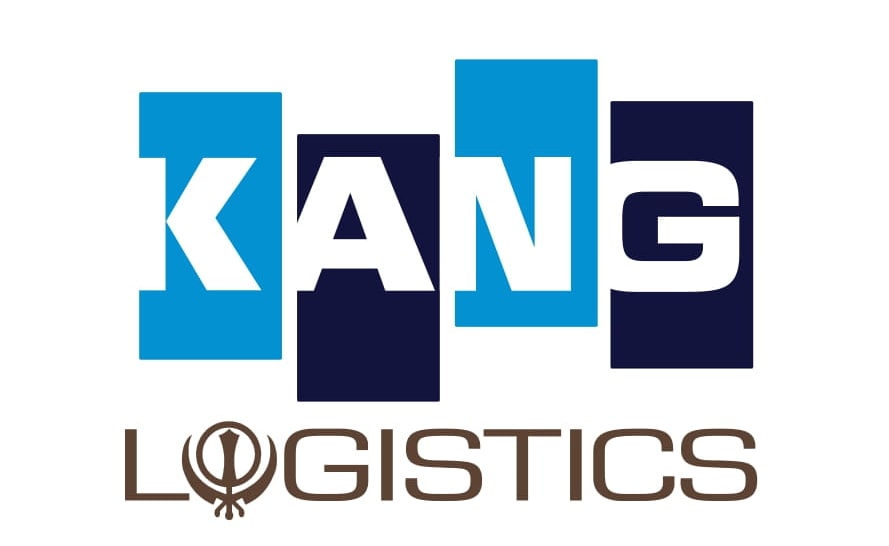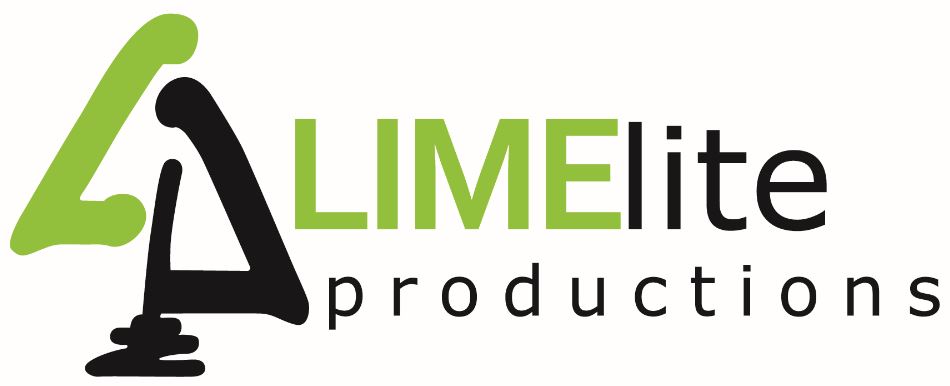The Services required are set out as follows:
1. To meet up with students who require intervention. To engage and
interact to build rapport with students. To use counselling skills &
techniques to encourage the discussions of emotions and
experiences so as to understand the educational macro- and micro
system of the students.
2. To help identify precisely the underlying issues such as social or
emotional disadvantages, discrimination, poverty or trauma, etc for
accurate planning of intervention measures in order to enhance
students’ connectedness to school and build resilience.
3. To appropriately address concerns or issues faced by students such
as but not limited to stress, mental health, and socio-emotional well
being. To equip students with coping strategies to manage their
concerns and apply them when needed.
4. To act as mentors to provide guidance, motivation, emotional support,
coaching and role-modelling to students.
5. To customise engagement programmes at individual and group level
for targeted students with agreement from the relevant stakeholders.
To manage administrative load when working with external
stakeholders / service providers in engagement of students and/or
parents. Other examples of an engagement programme may include
but not limited to:
a. planning for a bridging programme for long-term absentee to return
back to class.
b. reflection-based and/or adventure-based activities that will
contribute to positive student development and resilience.
c. may also include providing an after-school care activities, after
curriculum time to give additional engagement for at-risk students
such as organizing a competition / games, problem-solving
activities, cooking or singing workshop, etc.
6. To conduct home visits with school staff, meetings with stakeholders
and make referrals where appropriate.
7. To ensure proper documentation to record counselling and
engagement activities for individual students including summary of
cases under his/her charge to be submitted at the end of each week.
8. To monitor, follow up and communicate with stakeholders from within
the school e.g. form teachers, school leaders, etc when required.
Communication with parents and relevant external agencies will be on
an invitation basis and/or in the presence of the programme in-charge
education officer.
9. To share counselling tips with teachers and other stakeholders at
selected platforms at least once a term.The Services required are set out as follows:
1. To meet up with students who require intervention. To engage and
interact to build rapport with students. To use counselling skills &
techniques to encourage the discussions of emotions and
experiences so as to understand the educational macro- and micro
system of the students.
2. To help identify precisely the underlying issues such as social or
emotional disadvantages, discrimination, poverty or trauma, etc for
accurate planning of intervention measures in order to enhance
students’ connectedness to school and build resilience.
3. To appropriately address concerns or issues faced by students such
as but not limited to stress, mental health, and socio-emotional well
being. To equip students with coping strategies to manage their
concerns and apply them when needed.
4. To act as mentors to provide guidance, motivation, emotional support,
coaching and role-modelling to students.
5. To customise engagement programmes at individual and group level
for targeted students with agreement from the relevant stakeholders.
To manage administrative load when working with external
stakeholders / service providers in engagement of students and/or
parents. Other examples of an engagement programme may include
but not limited to:
a. planning for a bridging programme for long-term absentee to return
back to class.
b. reflection-based and/or adventure-based activities that will
contribute to positive student development and resilience.
c. may also include providing an after-school care activities, after
curriculum time to give additional engagement for at-risk students
such as organizing a competition / games, problem-solving
activities, cooking or singing workshop, etc.
6. To conduct home visits with school staff, meetings with stakeholders
and make referrals where appropriate.
7. To ensure proper documentation to record counselling and
engagement activities for individual students including summary of
cases under his/her charge to be submitted at the end of each week.
8. To monitor, follow up and communicate with stakeholders from within
the school e.g. form teachers, school leaders, etc when required.
Communication with parents and relevant external agencies will be on
an invitation basis and/or in the presence of the programme in-charge
education officer.
9. To share counselling tips with teachers and other stakeholders at
selected platforms at least once a term.
























